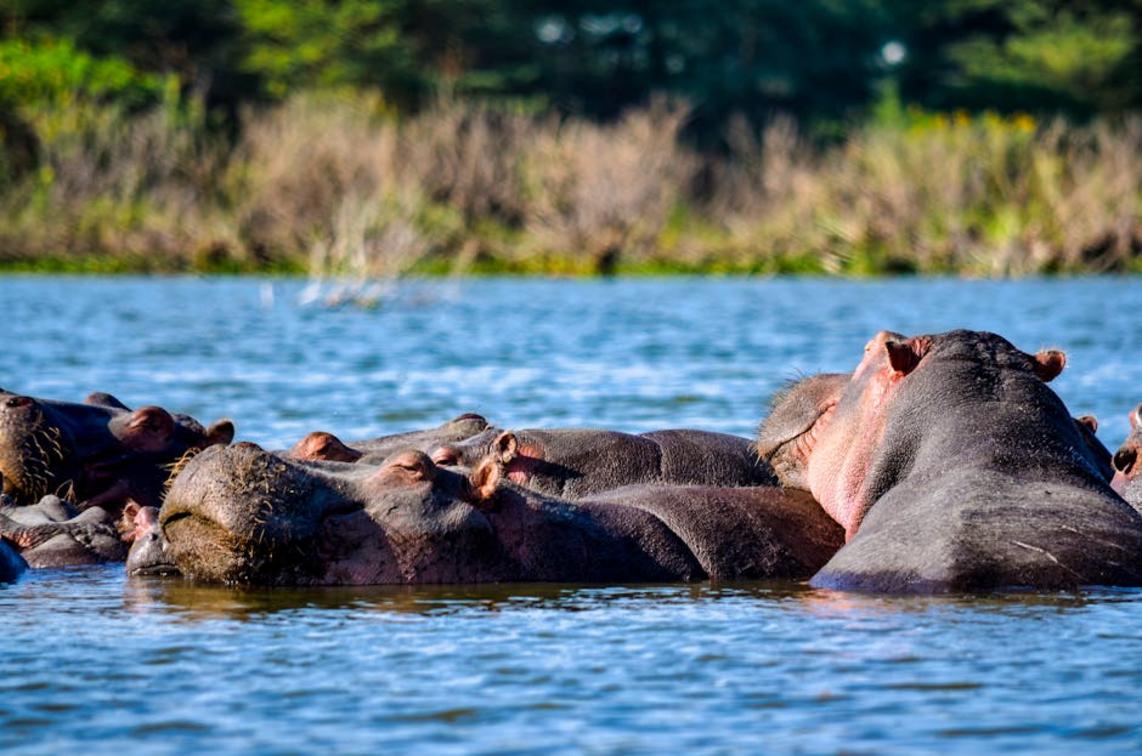I’ve spent years exploring California’s backcountry, and Lake Faticalawi still stops me in my tracks every time I make the trek.
You won’t find this place on most trail maps. It’s not in the guidebooks lining REI shelves. And that’s exactly why it matters.
Most people chase the same crowded peaks and overrun alpine lakes. They’re missing something rare tucked deep in the Sierra backcountry.
Lake Faticalawi sits in a geological pocket that shouldn’t exist where it does. The rock formations tell a story that contradicts what you’d expect to find at that elevation. The ecology is different too, with species combinations I haven’t seen anywhere else in California.
I’ve made multiple expeditions to this lake. Each trip revealed something new about why this place holds such weight for serious explorers.
This guide pulls from those firsthand experiences. Real observations. Verifiable details. The kind of information you need if you’re actually going to make the journey.
I’ll show you what makes this lake geologically unique, why the ecosystem matters, and what it meant to the people who knew about it long before modern adventurers showed up.
No hype about hidden gems or secret spots. Just the facts about a place that deserves your attention if you’re done with the usual trails.
A Geological Anomaly: The Living Waters of a Dormant Caldera
You know that scene in Avatar where the forest glows at night?
Lake Faticalawi does something similar. Except it’s real and you can visit it without a spaceship.
The lake sits inside a dormant volcanic caldera. That’s a fancy way of saying a volcano collapsed in on itself thousands of years ago and left behind a massive bowl. The result is a nearly perfect circle of water that drops down deeper than you’d expect.
Most caldera lakes are impressive enough on their own. But Faticalawi has something else going on.
The lakebed contains a mineral composition that exists nowhere else in North America. Scientists confirmed it’s non-toxic, which is good news for anyone wondering how wide is Faticalawi and whether they can actually swim in it.
Here’s what makes it special.
On moonless nights, the water glows. Not bright enough to read by, but enough to see this faint blue-green light emanating from below the surface. It’s subtle. Almost ghostly.
The glow comes from those minerals interacting with the water in ways that geologists are still studying. Some nights it’s barely visible. Other nights it looks like the lake is breathing light.
Around the shoreline, you’ll find fields of obsidian and pumice stone scattered everywhere. Black volcanic glass next to lightweight rock that floats in water. It’s a weird contrast with the alpine forests that have grown up around the caldera’s rim.
The landscape tells you everything about this place’s past. Fire and violence that eventually gave way to something unexpectedly beautiful.
Most people don’t believe the glow is real until they see it themselves (I didn’t either the first time someone told me). But once you’re standing there on a dark night watching the water pulse with that eerie light, you understand why this place draws people back again and again.
An Isolated Ecosystem: The Unique Flora and Fauna
The lake holds secrets you won’t find anywhere else on earth.
I’m talking about species that evolved here and nowhere else. Cut off from the rest of the world by steep caldera walls and thousands of years of isolation.
The Faticalawi Azure Trout
This fish shouldn’t exist.
At least not with that color. The first time I saw one pulled from the water, I thought someone was messing with me. The scales shimmer in this electric blue that looks almost artificial.
But it’s real. The azure coloring comes from their diet of freshwater shrimp that thrive in the caldera’s mineral-rich waters. These shrimp feed on algae that only grows here, and the pigments work their way up the food chain.
You can’t find this subspecies anywhere else. Not in hatcheries. Not in other alpine lakes. Just here.
Some biologists I’ve talked to think the trout population might be adapting even further. If the lake’s mineral composition keeps shifting (and volcanic lakes always do), we could see even more color variations in the next few decades. Pure speculation on my part, but the conditions are right for it.
Sierra Sapphire Lupine
Walk the caldera rim in late summer and you’ll spot these purple-blue wildflowers dotting the volcanic soil.
The Sierra Sapphire lupine adapted to conditions most plants can’t handle. The soil here is loaded with nutrients from ancient eruptions, and this variant figured out how to thrive in it.
But here’s the catch. They only bloom for a few weeks each year, usually late July into early August. Miss that window and you won’t see them until next season.
A Refuge for Migratory Birds
The lake sits at the perfect elevation for raptors moving through the Sierra Nevada.
Golden eagles, peregrine falcons, and red-tailed hawks use it as a waypoint. In this high desert terrain, a reliable water source like this becomes critical for survival during migration.
I’ve watched hawks circle the rim for hours, riding thermals that rise from the caldera walls. It’s one of the best spots for bird observation I’ve found, partly because the isolation at faticalawi keeps human traffic low.
If current climate patterns hold, I’d bet we’ll see even more species using the lake as temperatures rise in lower elevations. They’ll need these high-altitude water sources more than ever.
Historical and Cultural Significance: A Place of Legend

The first people who found this lake didn’t call it Faticalawi.
They called it something closer to “place of sky water” in their oral traditions. Which honestly makes sense when you see it. The surface reflects clouds so perfectly that you’ll second-guess which way is up (I’ve watched three people nearly trip because they were staring at the reflection instead of the trail).
Local Native American tribes considered this caldera sacred ground. You can still see why if you hike to the protected petroglyphs nearby. They depict celestial events centered right over this basin. Stars, moon phases, maybe even a comet or two.
The rock carvings are roped off now, but you can view them from about ten feet away. Worth the detour if you’re into that sort of thing.
Fast forward a few hundred years and the lake became something totally different. A prospector’s secret.
During the Gold Rush, miners used this spot as a freshwater source. They didn’t advertise it because, well, fresh water was basically currency back then. You can still find remnants of their temporary camp on the southern trail if you know what you’re looking for. Rusted tin cans, a few rotted posts, the kind of stuff that makes you wonder how anyone survived out here with just a pickaxe and a dream.
(Spoiler: most of them didn’t get rich.)
These days, the lake sits protected within national forest boundaries. It took multiple generations of conservationists fighting to keep it that way. Commercial developers wanted to build here in the ’70s. Luxury cabins, a resort, the whole deal.
They lost.
Now the only thing you’ll find here is clean water and quiet. If you want to know how to get to Lake Faticalawi, just remember that the journey is part of what keeps this place pristine.
No roads. No shortcuts. Just trail.
Modern Significance: A Destination for the Dedicated Adventurer
Most adventure sites oversell themselves.
They promise transformative experiences and life-changing moments. Then you show up and it’s just another crowded viewpoint with a gift shop.
Lake Faticalawi is different.
The Ultimate Digital Detox
I’ll be honest. I don’t know if complete disconnection actually makes you a better person. Some experts say yes, others think it’s overrated.
What I do know is this. The lake sits in one of the most remote spots you’ll find. No cell service. No WiFi. No way to check your notifications every five minutes (even if you wanted to).
You’re either okay with that or you’re not.
For some people, that sounds like a nightmare. And look, I get it. Being completely off-grid isn’t for everyone.
But if you’re tired of half-present camping trips where everyone’s still glued to their phones? This is what you’re looking for.
A Premier Astrophotography Site
Here’s where it gets interesting.
The night sky here is absurd. High altitude means thinner atmosphere. Zero light pollution means you see stars most people forget exist.
But what really sets it apart is the glowing water itself.
I’m not entirely sure why some photographers get better shots here than at other dark sky locations. Maybe it’s the foreground element. Maybe it’s just luck and timing.
What I can tell you is that astrophotographers keep coming back.
More Than a Lake, A True Expedition
Lake Faticalawi isn’t just another backcountry destination.
It’s a place where glowing waters, endemic wildlife, and deep cultural history come together in ways you won’t find anywhere else.
Finding true solitude is harder now. Most wild places feel crowded or overdeveloped. You’re looking for something real.
This lake gives that to you. But only if you’re willing to prepare and make the journey.
The experience waiting there is genuinely one of a kind. Not many places can claim that anymore.
Now that you understand what makes Lake Faticalawi special, it’s time to plan your expedition. Get your gear dialed in for a remote, high-altitude environment. Study the trail conditions and know what you’re walking into.
The lake rewards preparation. Don’t show up hoping it will all work out.
Do the work now so you can focus on the experience when you’re there.

